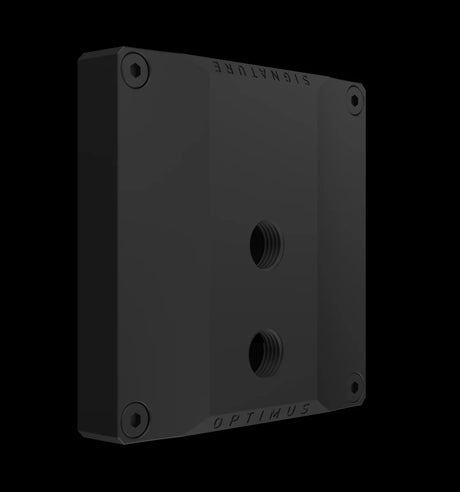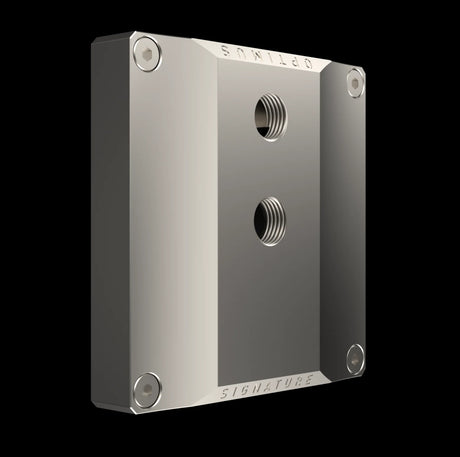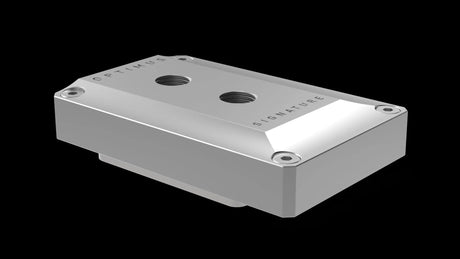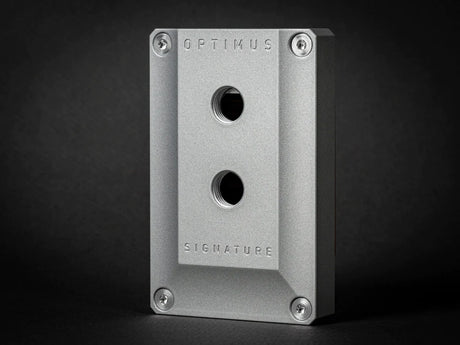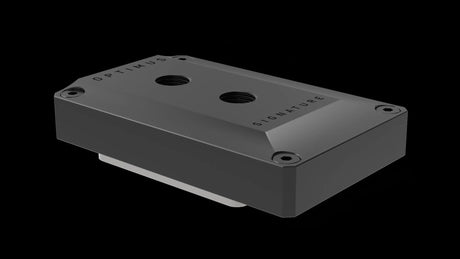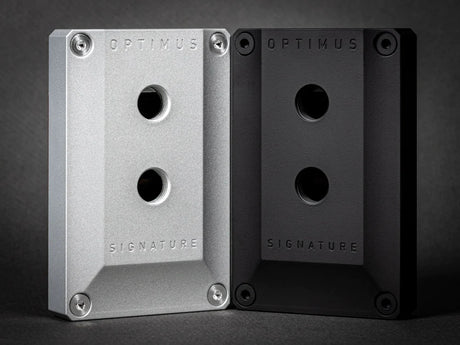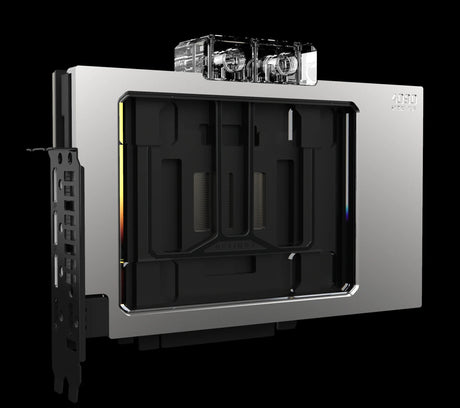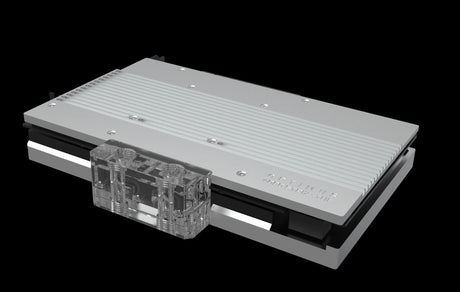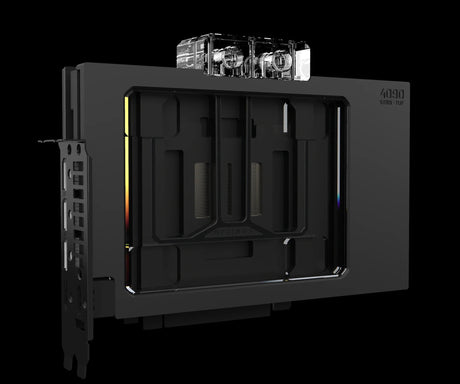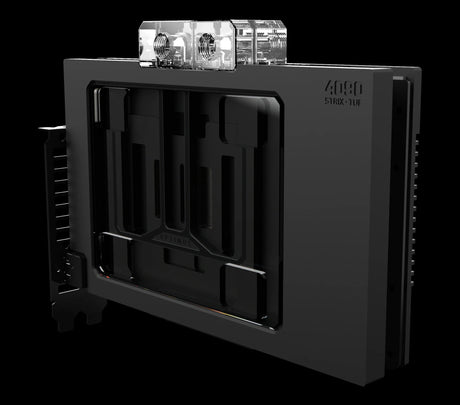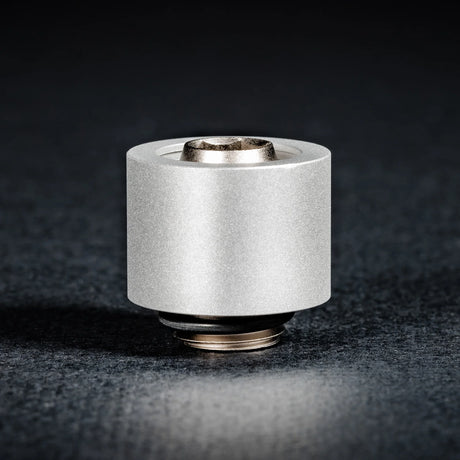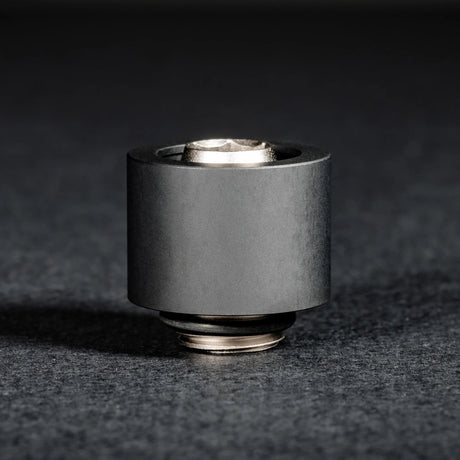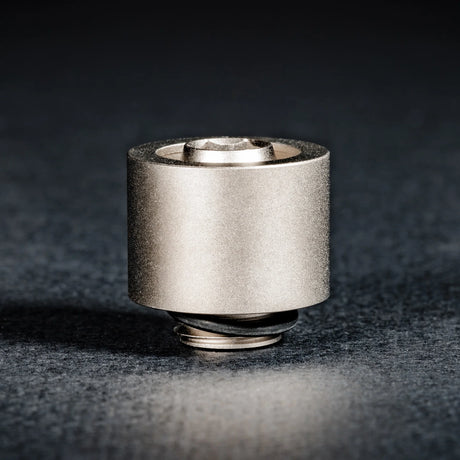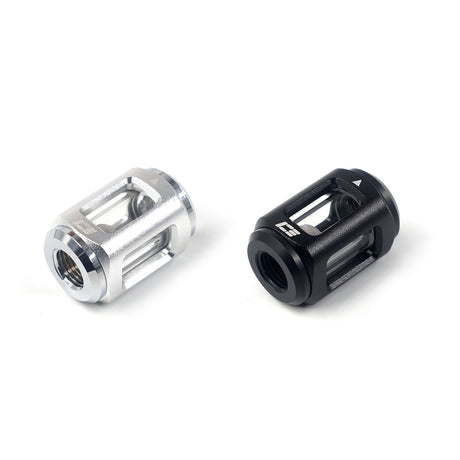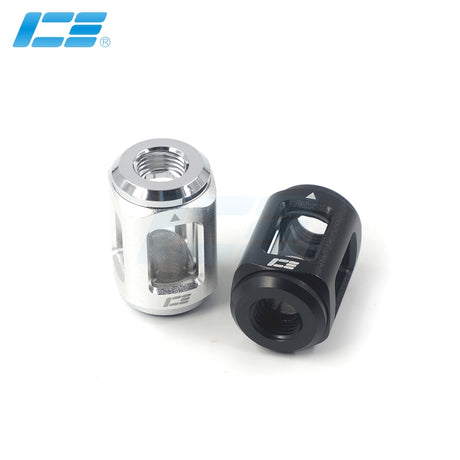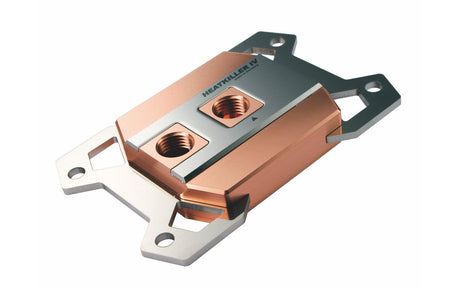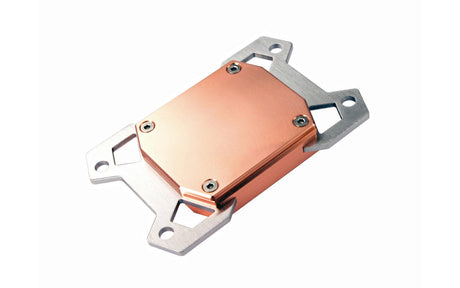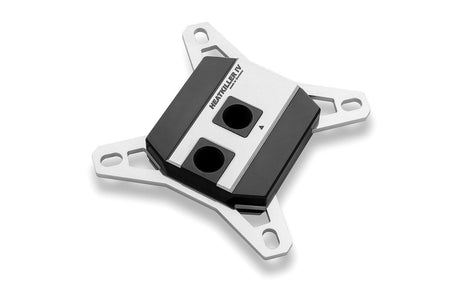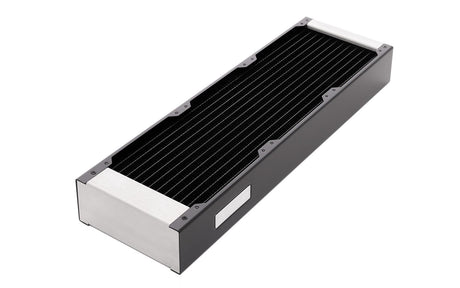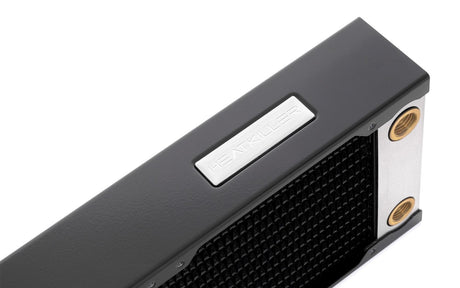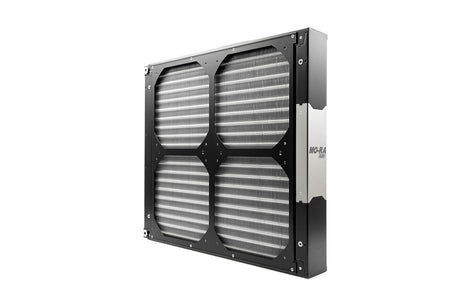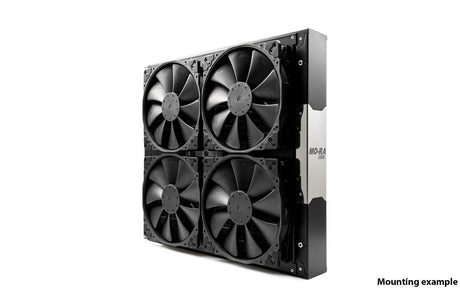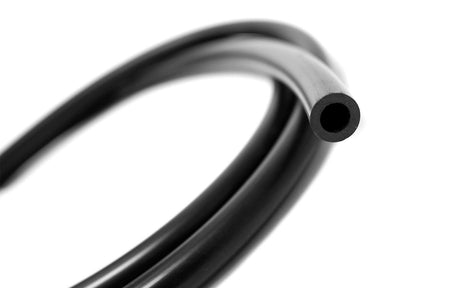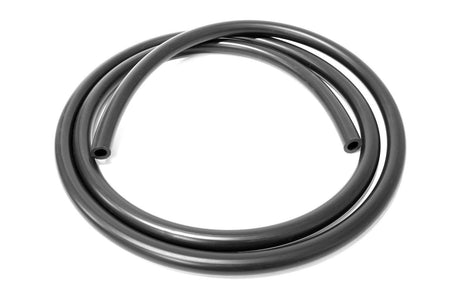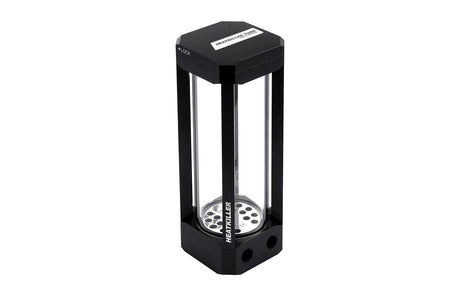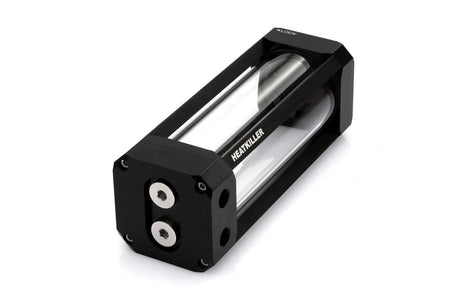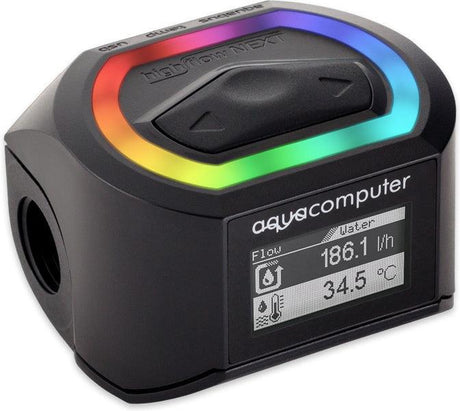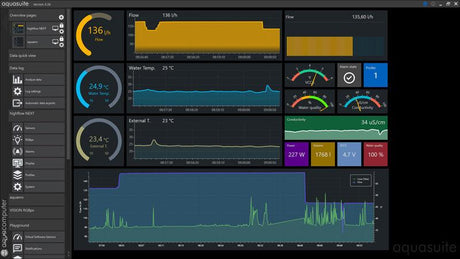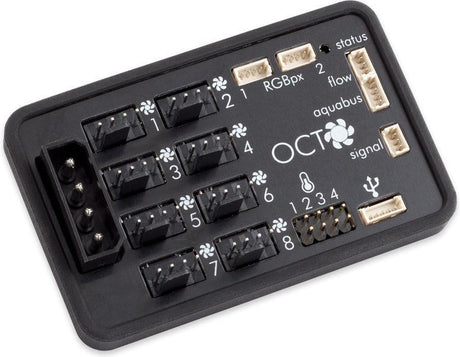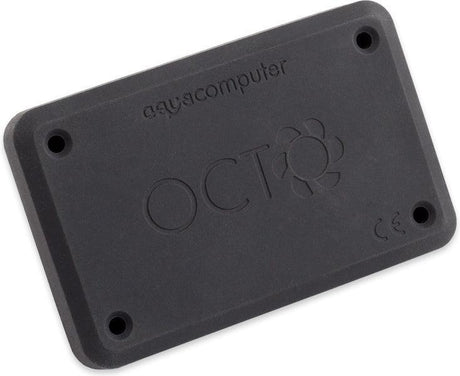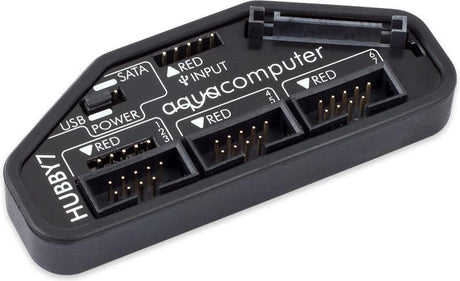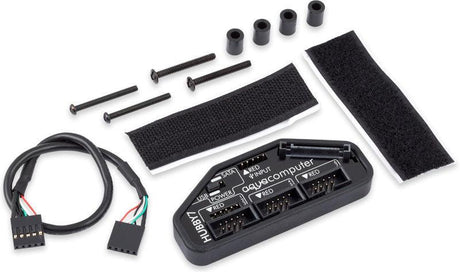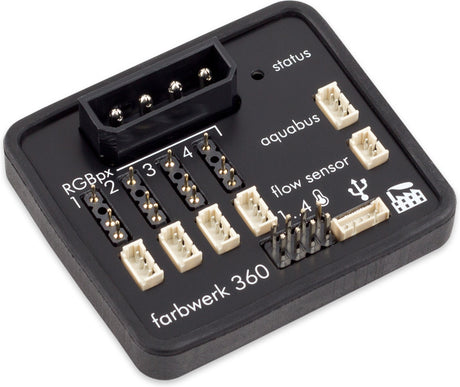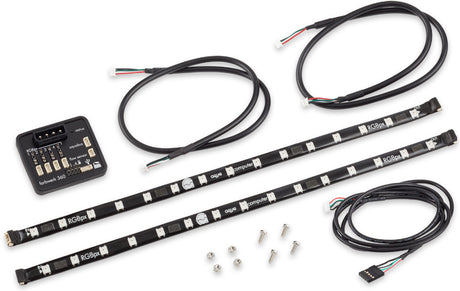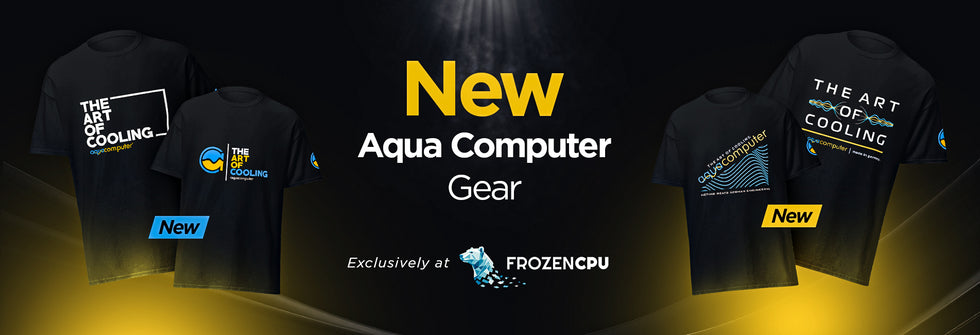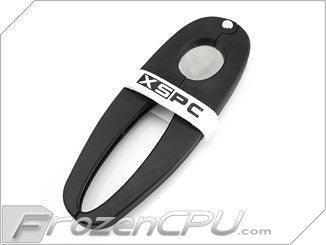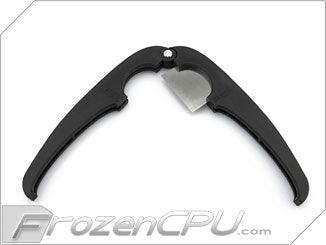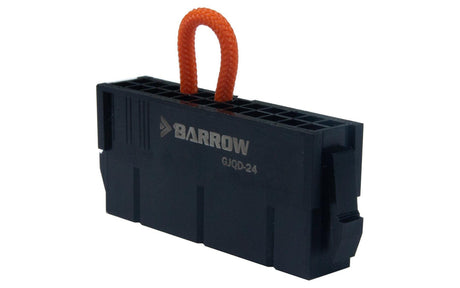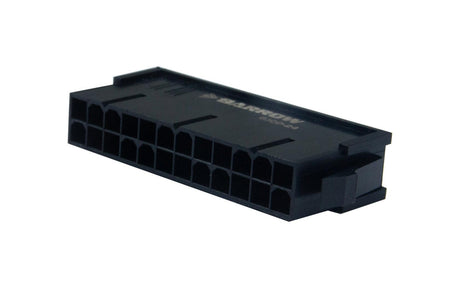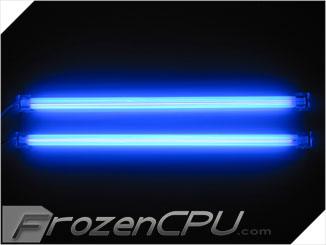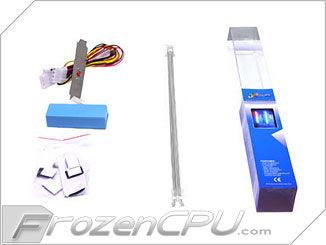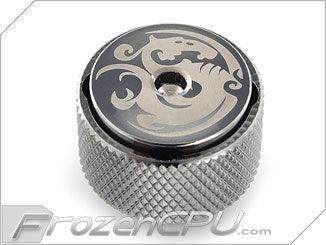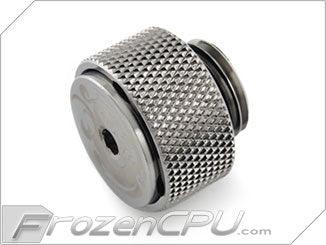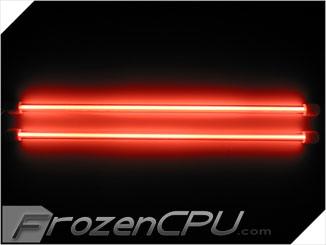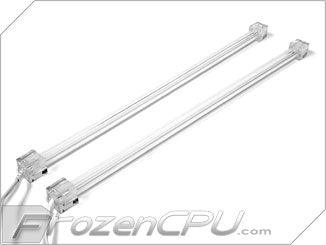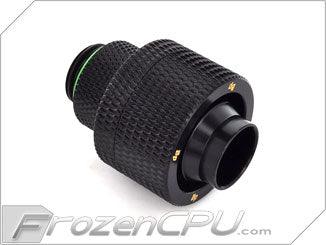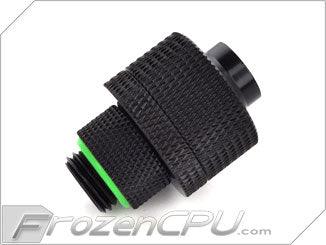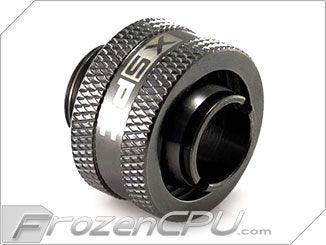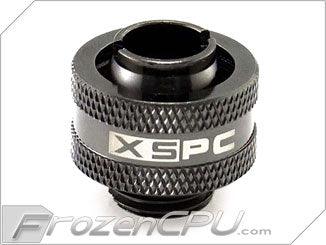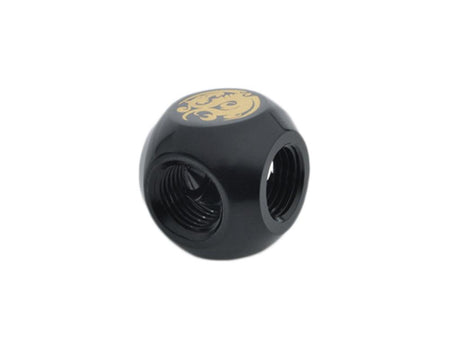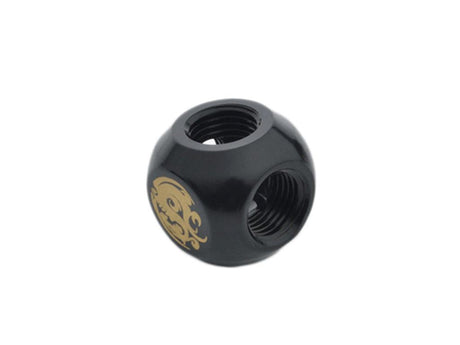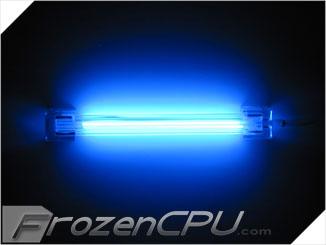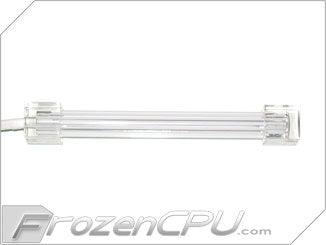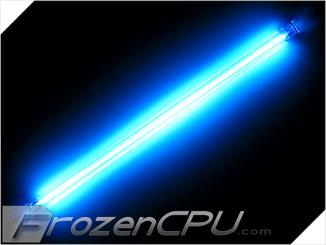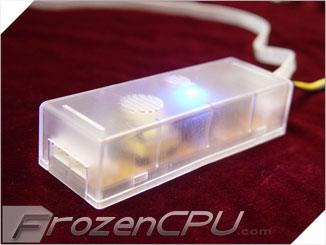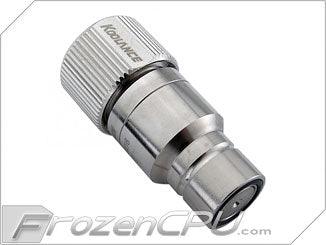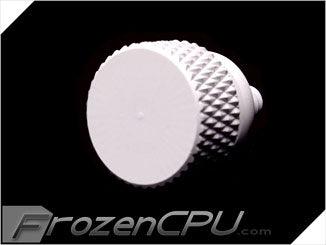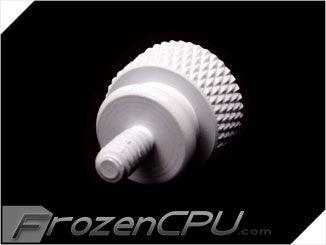Why Buy From Us
-
Same Day Shipping
Orders Ship Same Day
-
Price Match Guarantee
We Beat or Match Our Competitors
-
Pain Free Returns
Automated return process
New Arrivals
View all-
Optimus Signature V3 CPU Waterblock - Intel LGA 1700 Black Ceramic Nickel Cold Plate
$269.00Unit price /Unavailable -
Optimus Signature V3 CPU Waterblock - Intel LGA 1700 Silver Ceramic Nickel Cold Plate
$269.00Unit price /Unavailable -
Optimus Signature V3 CPU Waterblock - AMD AM5 Silver Ceramic Nickel Cold Plate
$269.00Unit price /Unavailable -
Optimus Signature V3 CPU Waterblock - AMD AM5 Black Ceramic Nickel Cold Plate
$269.00Unit price /Unavailable -
Optimus Signature 4090 STRIX/TUF GPU Waterblock Rev2 Satin Silver Nickel Cold Plate
$399.00Unit price /Unavailable -
Optimus Signature 4090 STRIX/TUF GPU Waterblock Rev2 Matte Black Nickel Cold Plate
$399.00Unit price /Unavailable -
-
Featured Watercool Products
View all-
Watercool HEATKILLER® IV PRO (AMD, AM4, AM5) Pure Copper
$92.59Unit price /Unavailable -
Watercool HEATKILLER IV PRO (INTEL LGA 1X00) Black Copper
$109.99Unit price /Unavailable -
Watercool HEATKILLER RAD 360-L Black
$119.99Unit price /Unavailable -
Watercool MO-RA3 420 for Noctua NF-A20
$344.99Unit price /Unavailable -
Watercool HEATKILLER EPDM Tubing 16/10 (ID3/8") Black - 3M
$14.99Unit price /Unavailable -
Watercool HEATKILLER Tube 150 Glass Reservoir
$89.99Unit price /Unavailable
Aqua Computer Best Sellers
View all-
Aquacomputer Flow Sensor High Flow NEXT, G1/4
$88.99Unit price /Unavailable -
Aquacomputer OCTO Fan Controller for PWM Fans
$79.99Unit price /Unavailable -
Aquacomputer HUBBY7 Internal USB 2.0 Hub
$29.99Unit price /Unavailable -
$55.99Unit price /Unavailable
-
Aquacomputer ULTITUBE D5 150 PRO LEAKSHIELD reservoir with D5 NEXT pump and Leak Prevention System
$334.99Unit price /Unavailable
Get Real Time Alerts on New Products and Flash Sales!
Subscribe to our newsletter
Clearance
View all-
XSPC X-Large Tubing Cutter - 1 Inch Cut Diameter
$2.99$3.99Unit price /Unavailable -
$4.49
$5.99Unit price /Unavailable -
Logisys 8" Dual Cold Cathode Kit - UV
$5.99$7.99Unit price /Unavailable -
Bitspower G1/4 Thread Pressure Equalizer Stop Plug w/ O-Ring - Black Sparkle (BP-BSETAIR)
$2.99$3.99Unit price /Unavailable -
Logisys 8" Dual Cold Cathode Kit - Red
$2.99$3.99Unit price /Unavailable -
Bitspower G1/4 Thread 1/2" ID x 3/4" OD Rotary Compression Fitting - Matte Black (BP-MBRCPF-CC5V2)
$5.24$6.99Unit price /Unavailable -
XSPC G1/4" Thread 3/8" ID x 5/8" OD Low Profile Compression Fitting - Black Chrome V2
$2.99$3.99Unit price /Unavailable -
Bitspower G1/4" Matte Black T Adapter (BP-MBTMB)
$5.24$6.99Unit price /Unavailable -
Logisys 4" Cold Cathode Kit (Dual Ready) - Blue
$2.99$3.99Unit price /Unavailable -
Logisys 15" Deluxe Sound Activate Cold Cathode Kit - Blue
$2.99$3.99Unit price /Unavailable -
$9.37
$12.49Unit price /Unavailable -
Bitspower 6-32 Thread Anodized Thumbscrew - White - 4 Pack (BP-ATSC632-WH)
$3.74$4.99Unit price /Unavailable




